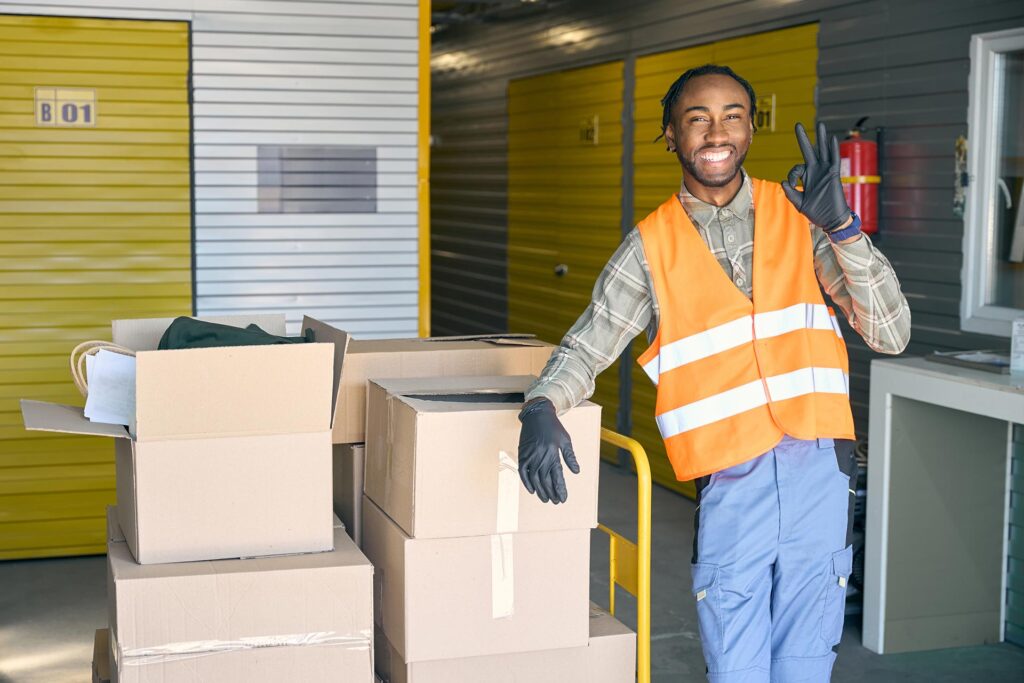
Choosing the right storage unit might seem simple, but it requires careful thought. The first thing to consider is how much space you actually need. Overestimating can cost you more money, while underestimating can lead to cluttered and unsafe storage. Make a list of all the items you plan to store to estimate the required space. Use online calculators or talk to storage consultants for accurate sizing. Also, take into account if you’ll need to access your belongings frequently. If so, leave room to walk or sort through boxes. Consider how stackable your items are, especially furniture or oddly shaped goods. Take measurements of larger items like beds or cabinets beforehand. Planning helps you avoid the stress of switching units later.
Another key factor is the type of items you plan to store. If you’re storing electronics, documents, or wooden furniture, climate control is essential. High temperatures or humidity can damage sensitive materials over time. For basic storage of plastic containers or metal tools, a standard unit may be enough. Think long-term — even items not sensitive now may suffer with extended exposure. Storage units that regulate temperature and humidity often cost more, but they protect your investment. If you’re storing for more than a few months, the extra cost may be worth it. Ask the facility manager about climate control consistency throughout the year. Always check the unit before committing. Your belongings deserve the right environment.
Location also matters when choosing a storage facility. If you’ll need frequent access, choose a facility near your home or workplace. For long-term or rarely accessed storage, a farther facility may be cheaper. Consider the area’s safety and whether the facility is well-lit and secure. Look for gated access, surveillance cameras, and on-site staff. Convenience features like drive-up access or extended hours can make a big difference. Ask about access restrictions, especially on weekends or holidays. If moving large items, check whether elevators or loading docks are available. Your experience will depend on how easily you can retrieve or store your items. Proximity is about more than distance — it’s also about accessibility.
Security is a top concern for most customers. Look for a facility that offers strong security measures like 24/7 video monitoring. Individual unit alarms and coded gate access provide extra layers of protection. Some facilities offer insurance, while others require proof of third-party coverage. Never assume your items are automatically insured — always double-check. Also, consider who can access your unit besides you. Reputable facilities allow you to add authorized users and keep a log of visits. Keep valuable items in the back or hidden from plain view. Use high-quality locks that can’t be easily cut. Security gives you peace of mind, especially for long-term storage.
Cost plays a major role in choosing the right storage. Compare several facilities to understand what’s included in the monthly rate. Some offer discounts for long-term rentals or first-month promotions. Be cautious of hidden fees like admin charges or required lock purchases. Know whether billing is monthly or on a fixed calendar cycle. If your needs change, ask about upgrade or downgrade flexibility. Don’t just go for the cheapest option — balance price with features and reviews. Read customer testimonials to judge reliability and service. A slightly higher cost might be justified by better access, cleanliness, or staff support. Budget wisely while keeping your needs in focus.
Finally, read the contract carefully before signing. Understand terms around payment, late fees, access hours, and unit condition. Some contracts require notice before vacating the unit or impose penalties for early termination. Others may have rules about what can and can’t be stored. Prohibited items often include flammables, perishables, or hazardous materials. Always ask questions if something seems unclear or too restrictive. Save a copy of your rental agreement for future reference. Good communication with the facility staff is key. Choosing a storage unit is more than picking a box — it’s about finding a space that works for you. With the right approach, your storage experience can be smooth, secure, and stress-free.
